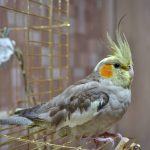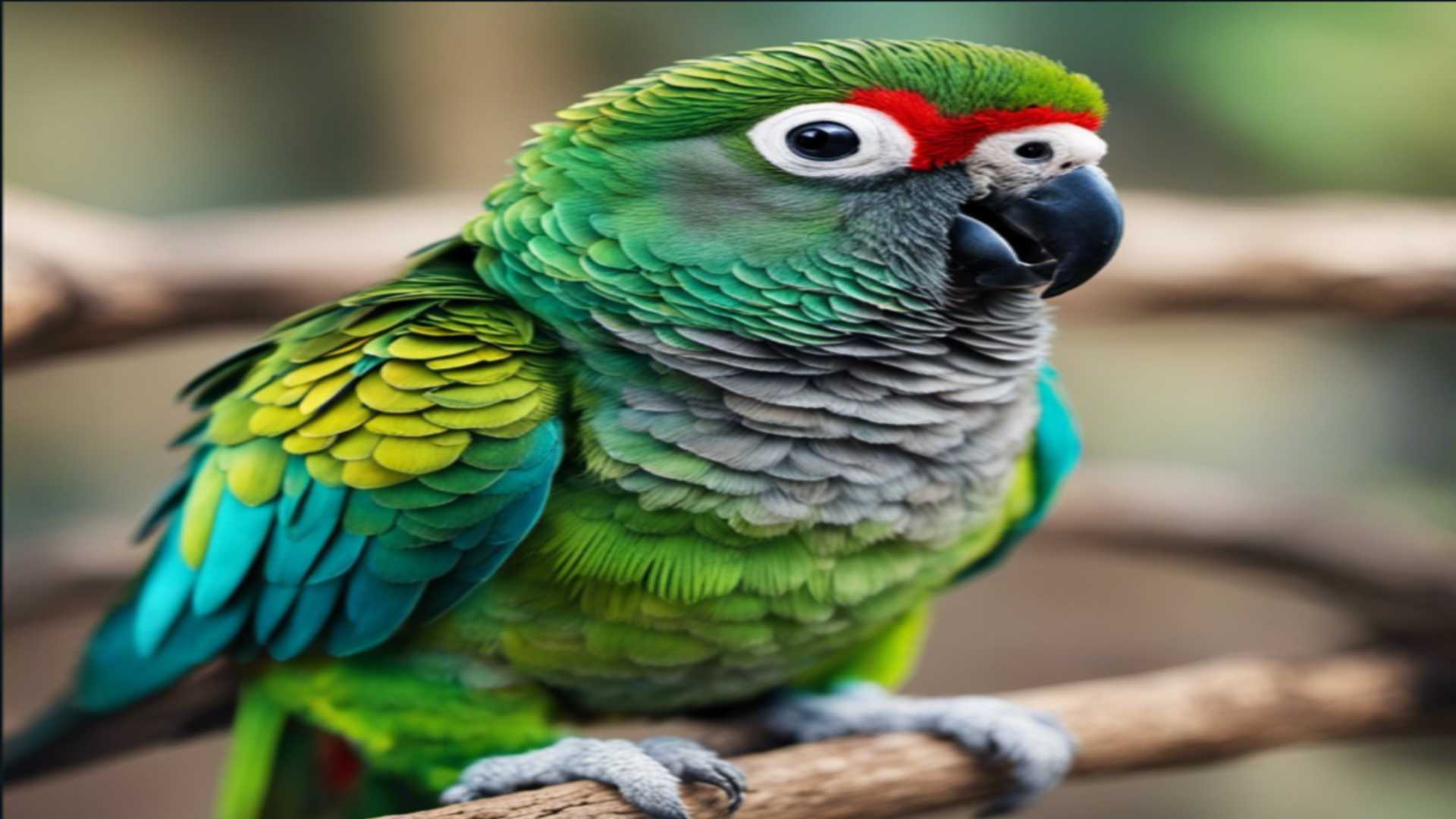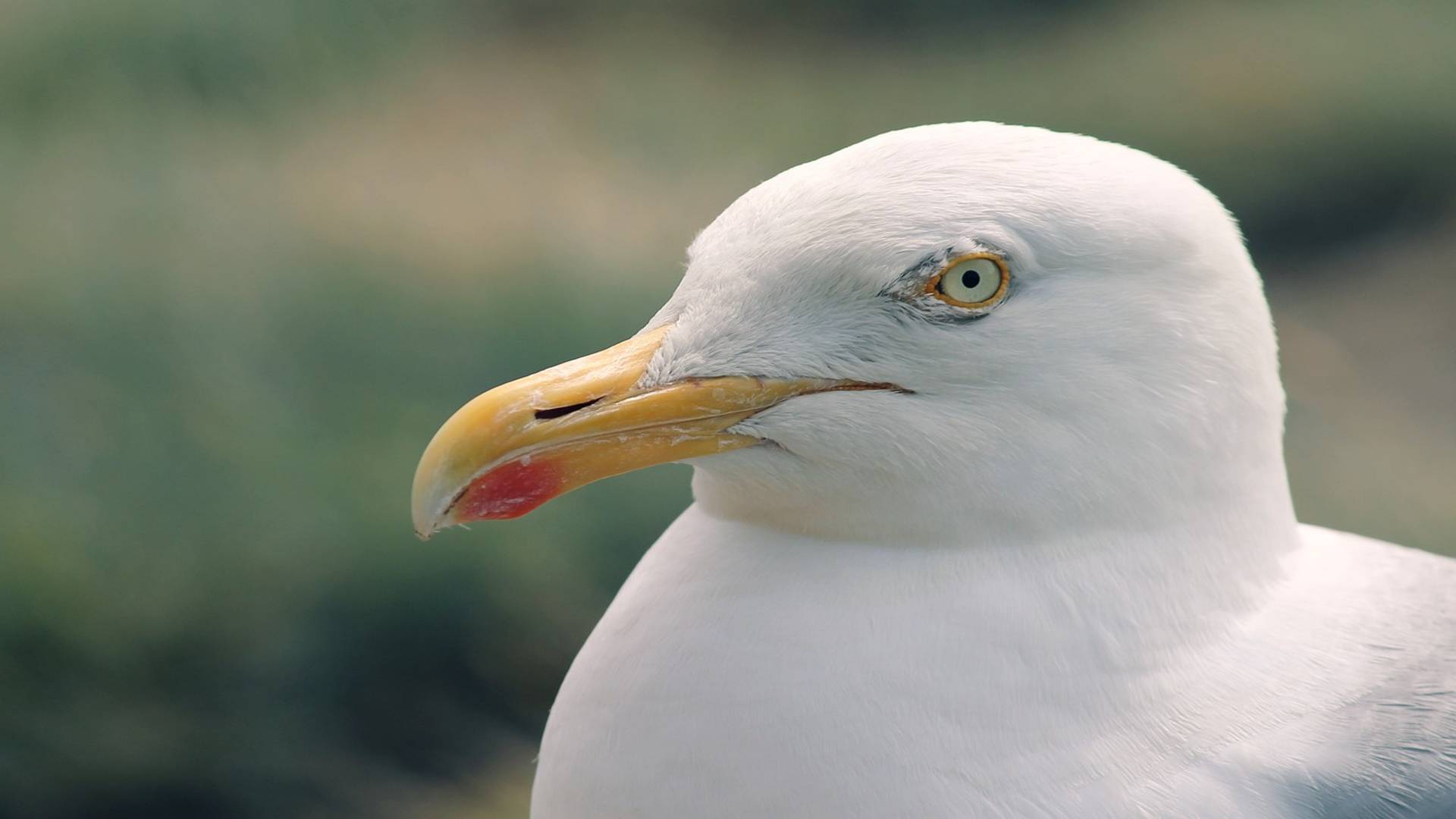There’s nothing quite like the warmth of another living being next to you when you’re trying to get some sleep. For some people, this means a furry friend sleeping at the foot of their bed, but I always wondered can my cockatiel sleep with me?
Here’s what I discovered:
In general, cockatiels enjoy human interaction and will often seek out a person’s company, especially if they are used to being around people. This means that they may want to sleep in the same room as you, or even on your bed.
They will likely enjoy the extra warmth and security of being near you at night. Just be sure to offer them a place to perch so they can get up and move around if they need to.
But there is more to know about cockatiels and sleep. Let’s find out more about why and how they sleep, so you can make the best decision for your pet.
Just keep reading!
Is it OK to sleep with your bird?
It is not generally recommended to sleep with your bird. One of the main concerns is that while sleeping, people may roll over on their birds without realizing it.
In fact, this is a real risk, as birds are fragile and can easily be injured or killed by being squished.
So, if you’re determined to sleep with your cockatiel, just be extra careful.
Make sure your bird has a safe place to perch.
Can cockatiels sleep with noise?
In general, some cockatiels can sleep with noise, while others cannot. If your cockatiel is having trouble sleeping, it might be helpful to try to find a quiet spot for him to sleep in.
You might also want to try putting a white noise machine in his room, in fact, many people find that this really helps their cockatiels (and themselves!) get a good night’s sleep.
Of course, if you live in a noisy area, this may not be possible. The Dreamegg D1 Sound Machine is a great option for a white noise machine, as it offers many different sound options and can play all night long.
Can a cockatiel sleep in my room?
Yes, a cockatiel can sleep in your room. They are social birds and like to be around people, so they will enjoy sleeping in your room.
However, you should keep in mind that they do need about 10-12 hours of sleep each day, so you may need to adjust your sleep schedule to accommodate them.
If you don’t want to take the risk of allowing your cockatiel to sleep in your bed, you may try keeping their cage in your bedroom so they can be near you while you sleep.
So, make sure to follow these guidelines for a safe and comfortable sleep environment for your bird:
- Place your bird’s cage near or on top of your bed rather than on the floor next to it. So he can easily hop back inside if he gets scared or restless during the night.
- Keep the lights on in your bedroom at a low level or turn them off completely. bright light can be disruptive and alarming for birds.
- Make sure the temperature in your room is comfortable for you. cockatiels are sensitive to extreme cold and heat.
- Keep the door to your bedroom closed. This will help your cockatiel feel more secure and prevent other pets or family members from disturbing your bird’s sleep.
Sleeping with your cockatiel can be a great experience for both of you, as long as you take the necessary precautions to keep your bird safe.
Do cockatiels sleep at night?
Yes, cockatiels sleep at night. They are crepuscular animals, meaning they are most active at dawn and dusk. During the night, they typically sleep in a nest box or in a sheltered area inside the cage.
However, cockatiels are relatively flexible in their sleep patterns and can sometimes adjust their sleep their sleeping schedule to match their human companions.
For example, if you keep your cockatiel in your bedroom and you go to bed late at night, your bird may stay awake to keep you company.
Note: Cockatiels also have the ability to nap during the day, which means they can sometimes be active at night.
If your cockatiel is finding it difficult to sleep at night, there are a few things you can do to help.
Make sure the room is quiet and dark, and provide a soft towel or blanket for your bird to nest in.
You can also try playing soft music or white noise to help your cockatiel relax.
Can cockatiels sleep with their eyes open?
Many people believe that cockatiels can sleep with their eyes open, but this is actually a myth.
Cockatiels are capable of dozing with their eyes partially open, but they cannot enter a deep state of sleep without shutting their eyes.
This is because the muscles that control the eyelids are located in the same part of the brain as those that control REM sleep. As a result, when cockatiels enter REM sleep, their eyelids close automatically.
So, although cockatiels may appear to be sleeping with their eyes open, they are actually in a lighter state of sleep.
Do cockatiels get attached to their owners?
Yes, cockatiels can get very attached to their owners and bond quite closely with them. In the wild, cockatiels live in pairs or flocks and form strong social bonds.
So when they are kept as pets, they crave companionship and attention from their owners. If you spend lots of time with your cockatiel and interact with it regularly, it will start to see you as part of its flock and become very attached to you.
It may even develop little extra social behavior towards you, like singing or ‘whistling’ when it sees you, tilting its head when you talk to it, or sharing its food with you, these are just a few examples.
Cockatiels are very social creatures, so if you can provide them with plenty of attention and companionship, they will be very attached to you.
While cockatiels are attached to their owners, you won’t be at home all day to play with your bird.
So it’s important to provide your cockatiel with plenty of toys and to keep it entertained when you’re not around, or, instead consider getting another cockatiel so that he won’t feel lonely when you’re not at home
I talk about this in a recent article that I encourage you to read.
Is there for you to read it on my site, to access it, simply click the link.
What does it mean if a bird sleeps on you?
It’s not uncommon for people to have birds land on them while they’re sleeping. Some people believe that it means the bird is offering them a blessing, while others think that the bird is simply seeking warmth. Either way, it’s generally considered to be a good omen.”
Also, birds often use humans as vantage points to survey their surroundings. By sleeping on you, the bird has a better view of potential predators or sources of food.
In fact, in nature, it’s not uncommon for birds to roost high in trees, on cliffs, or even on power lines.
It is simply a matter of safety for them.
So next time you find a bird taking a snooze on your shoulder, consider it a compliment!
Can birds sleep with the TV on?
Yes, birds can sleep with the TV on, although they may not sleep as well as they would if the TV were off.
In fact, it turns out, that birds are surprisingly sensitive to loud noise. Studies have shown that loud noises can disrupt a bird’s sleeping patterns and even lead to stress.
So, it is generally not a good idea to keep the TV on when there are birds in the house.
If you must have the TV on, try to keep the volume low and avoid having the bird in the room where the TV is located.
By taking these simple steps, you can help your feathered friend get a good night’s sleep.
Can birds sleep with the fan on?
It is possible for birds to sleep with the fan on, but it is not recommended. The fan can create a lot of noise, which can disturb the bird’s sleep.
So if you are going to have the fan on, try to keep it at a low setting and make sure the bird is not in the room where the fan is located.
Hopefully, that makes sense and gives you a better idea of what to expect when it comes to your cockatiel’s sleep habits.
How do I know if my bird is sleeping?
There are a few different ways to tell if your bird is sleeping.
- One way is to look at its eyes. If your bird’s eyes are closed or half-closed, it’s likely asleep.
- Another way to tell is by listening to its breathing. If your bird is taking long, deep breaths, it’s probably asleep.
- You can also sometimes tell by watching your bird’s body language. If it looks relaxed and its head is drooping, it’s likely asleep.
Also, another way to tell if your bird is sleeping is that they grasp a small branch or perch with one foot raise the other foot, and tuck their head under their wing.
You might be asking if their cage should be covered now that you know a little bit more about cockatiel sleep habits and the benefits of allowing them to sleep in their own cage rather than sleeping with you.
Well, it depends, but let’s have a closer look.
Do cockatiels need to be covered at night?
It’s not necessary to cover a cockatiel at night. They will be fine without being covered. In the wild, cockatiels would roost in trees, so they are used to being uncovered at night.
If you have a particularly cold or drafty room, you may want to provide them with a light blanket or cage cover, but it’s not absolutely necessary.
As you can see, there are a few things to consider when it comes to your cockatiel’s sleep habits, however, in my opinion, the best thing you can do is let them sleep in their own cage, and if your bedroom is big enough, put their cage in your room so you can keep an eye on them during the night.
Conclusion
In this article, we learned about cockatiel sleep habits and whether or not they should be sleeping with you. We also learned that it’s generally best to let them sleep in their own cage, and if you do put their cage in your room, try to keep the noise level down
Remember, the best thing you can do for your cockatiel is to let them sleep in their own cage.
An extra tip for everyone with cockatiels.
Cockatiels are very sensitive to loud noise so try to keep the TV and any other electronics off or at least down low when they are sleeping.





